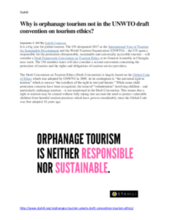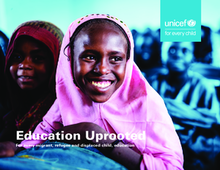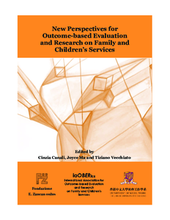Displaying 2361 - 2370 of 4424
Russian children have been found in orphanages throughout Iraq after their parents moved to the country to join radicals of the Islamic State (IS).
A letter to Australia's Attorney General and Justice Minister is being drafted by the foreign affairs and aid subcommittee to recommend an immediate ban on Australia's involvement in orphanage tourism.
The UN designated 2017 as the International Year of Tourism for Sustainable Development. Orphanage tourism, however, has not been noted as a protection concern in the World Tourism Organization's draft convention on tourism ethics.
In this BBC Radio interview, Jane Garvey speaks to Australian Senator Linda Reynolds, CEO of Australian Christian Churches International Relief Rebecca Nhep, and CEO of Lumos Georgette Mulheir about the motivation behind Australia's potential ban on orphanage tourism.
With Australia's recent efforts to end orphanage tourism, Education Minister Simon Birmingham has declared that he intends to reduce the involvement and support of Asutralian schools and universities in orphanage tourism.
The theme of the next PSS forum, which will take place in Arusha, Tanzania from 4-6 September, 2017, is “Equity, Equality for all Girls, Boys and Youth”
This article describes a 60 Minutes interview with Tara Winkler, co-founder of Cambodian Children's Trust, about the exploitation of children in orphanages, the harm caused by orphanage tourism, and Australia's potential ban on orphanage tourism.
Indian adoptees living all over the world search for their biological families and discover they were trafficked into orphanages and adopted by families overseas, often unbeknownst to their biological parents.
This report provides essential data and information on educational challenges faced by nearly 50 million uprooted children around the world.
This book is composed of a series of extended abstracts relevant to the evaluation and research of family and children's services in various contexts.



